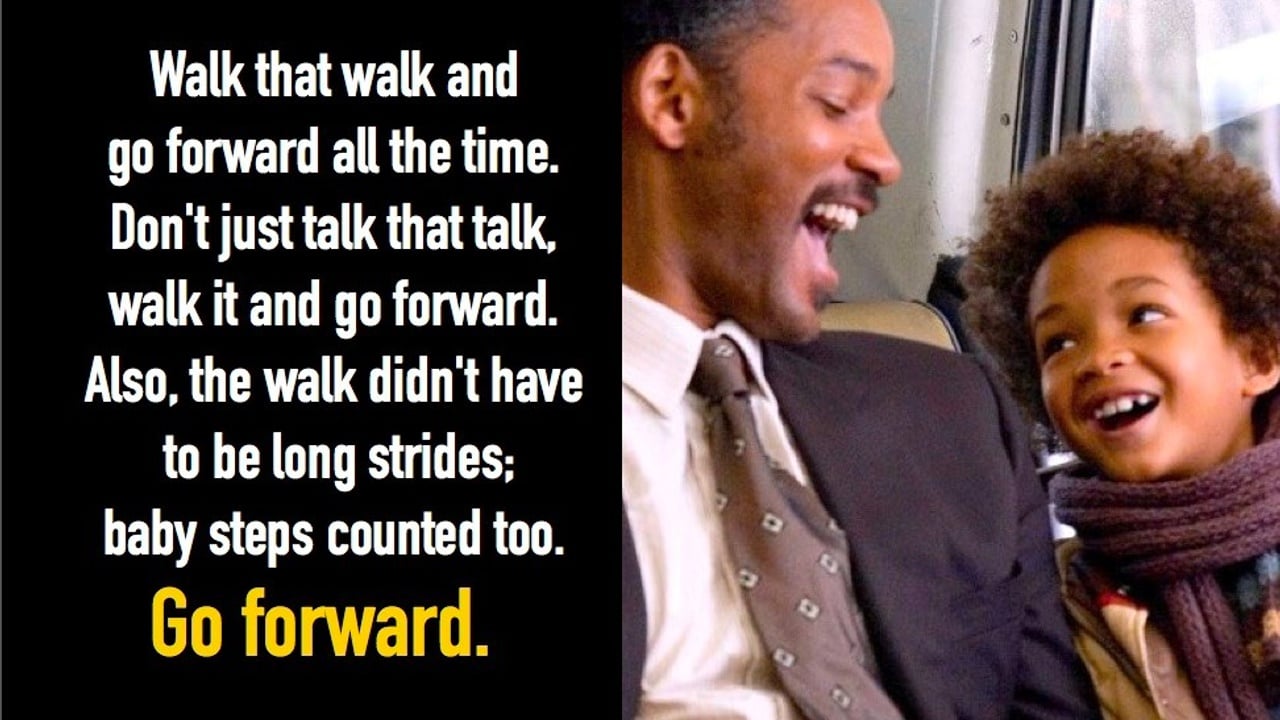What’s the greatest thing in the world? What is that “thing” that everyone is looking for? Is it money, fame, success, or love? If you survey any number of people from any demographic, they will all list one, if not all, of these. But out of all of these good things, what is the highest good?
Happiness.
In Aristotle’s classic of moral theory, Nicomachean Ethics, one section discusses human pursuits. He examines the various fields of science and art and explores what everyone is trying to accomplish - the end goal. The commonality he finds is that the aim of all human pursuits is happiness. He concluded that happiness was the highest good because you don’t pursue happiness for the sake of anything else; it is the ultimate end goal, the good that all good things view as their destiny.
The founders of the United States immortalized “Life, Liberty and the pursuit of Happiness” in the Declaration of Independence. But even the concept of happiness isn’t fully realized because it’s framed as something that exists independent of ourselves, like a separate sovereign entity that is waiting for us to find it, something material. No, happiness is more of a spiritual endeavor. You have to believe in happiness, that happiness is possible, that it exists.
Sonja Lyubomirsky, a leader in the scientific study of well-being, prefers the phrase “creation or construction of happiness” to the famous “pursuit,” since “research shows that it’s in our power to fashion it for ourselves.” This is true. Almost every religious and philosophical school of thought contends that happiness derives from ourselves. Whether it’s removing desire (external control) like a Buddhist or the radical ownership and acceptance of a Stoic, the axiom holds true - our realities are more determined by our perceptions than external circumstances.
How exactly do we construct our own happiness?
Shawn Achor, author of The Happiness Advantage: The Seven Principles of Positive Psychology That Fuel Success and Performance at Work, provides the answer in his second principle, The Fulcrum and The Lever.
This principle states that an individual’s maximal potential is determined by the lever (the amount of potential and control they believe they have) and the location of the fulcrum (the mindset). In his book, he gives an example through an experiment conducted in 1979 by psychologist Ellen Langer. She demonstrated the power of mindset (fulcrum) using a group of 75-year-old men on a week-long retreat.
During the retreat, the men were instructed to pretend that the year was 1959 and were provided clothing and materials from that time period to aid the illusion. After a week, the participants were evaluated, and the results showed that they were significantly more flexible, had improved hand strength and posture, and showed vision improvement of almost 10 percent. Their memory and intelligence scores also had improved. Langer’s study was designed to make the case that by simply, as stated by Achor, “moving the fulcrum and lever of these 75-year-old men, she could change the ‘objective’ reality of their age.”
How do we move the fulcrum in our own lives?
Turn mindset about people, situations we face, and even tasks into positives. From chore, tedious, and frustrating to learning, opportunity to practice new skills or explore new possibilities.
Consider your word choices. Due date rather than deadline. What “We have to do” becomes “we have an opportunity to…”. Look for the value in the activity itself, rather than just the goal.
Examine, and potentially change, how you are defining essential words, like productivity. Sometimes we define it through a narrow view, only relating productivity to numbers and ignoring everything that contributes to production, i.e., ideas, morale, engaging staff, workflow, and auxiliary tasks.
Mindset matters: Engaging in activities that we enjoy naturally enhances work performance. Simply going through the motions of “doing work” doesn’t yield adequate and maximal results.
Of course, we must work towards happiness and make a strident effort, but like the scripture says, “faith without works is dead,” so is the concept of happiness without belief. Not to wax too esoteric, but happiness isn’t an end goal or destination; it’s something you manifest and have to conjure through a double helix of belief and effort. Once we fully grasp this concept, we’ll be able to construct an image of happiness worthy of our determined pursuits.
Here’s to happiness!

